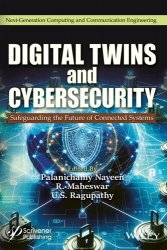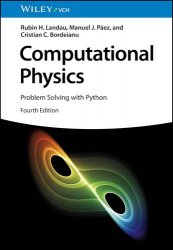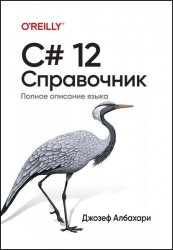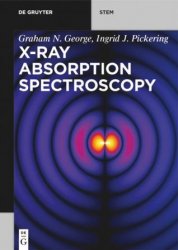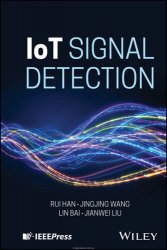 Название: IoT Signal Detection
Название: IoT Signal DetectionАвтор: Rui Han, Jingjing Wang, Lin Bai, Jianwei Liu
Издательство: Wiley-IEEE Press
Год: 2024
Страниц: 195
Язык: английский
Формат: pdf, epub (true)
Размер: 17.1 MB
Comprehensive reference covering signal detection for random access in IoT systems from the beginner to expert level.
With a carefully balanced blend of theoretical elements and applications, IoT Signal Detection is an easy-to-follow presentation on signal detection for IoT in terms of device activity detection, sparse signal detection, collided signal detection, round-trip delay estimation, and backscatter signal division, building progressively from basic concepts and important background material up to an advanced understanding of the subject. Various signal detection and estimation techniques are explained, e.g., variational inference algorithm and compressive sensing reconstruction algorithm, and a number of recent research outcomes are included to provide a review of the state of the art in the field.
Regarding the fifth generation (5G) of wireless technology, advancements of IoT primarily stem from innovations in wireless and network technologies. Within the field of wireless technology, the industry has placed particular emphasis on large-scale antenna arrays, ultra-dense networking, innovative multiple access techniques, and full spectrum access. Network technology has also witnessed significant progress, with the widespread recognition of a new network architecture based on software-defined networking (SDN) and network function virtualization (NFV).
Furthermore, several key technologies have been exploited as important and promising contributors to 5G, including filter-based orthogonal frequency division multiplexing (F-OFDM), filter bank multicarrier (FBMC), full duplex and flexible duplex, multivariate low-density parity check (LDPC) codes, network coding, and polarization codes.
From a network architecture perspective, 5G inherits the overall characteristics of the fourth generation (4G), encompassing access networks, core networks, and upper-layer applications. However, to accommodate the diverse requirements of IoT, 5G has introduced new key technologies in both the core network and access network domains, bringing on technological innovations and network advancements.
Written by four highly qualified academics, IoT Signal Detection discusses sample topics such as:
ML, ZF, and MMSE detection, Markov chain Monte Carlo-based detection, variational inference-based detection, compressive sensing-based detection
Sparse signal detection for multiple access, covering Bayesian compressive sensing algorithm and structured subspace pursuit algorithm
Collided signal detection for multiple access using automatic modulation classification algorithm, round-trip delay estimation for collided signals
Signal detection for backscatter signals, covering central limited theorem-based detection including detection algorithms, performance analysis, and simulation results
Signal design for multi-cluster coordination, covering successive interference cancellation design, device grouping and power control, and constructive interference-aided multi-cluster coordination
With seamless coverage of the subject presented in a linear and easy-to-understand way, IoT Signal Detection is an ideal reference for both graduate students and practicing engineers in wireless communications.
Contents:
Скачать IoT Signal Detection
[related-news] [/related-news]
Комментарии 0
Комментариев пока нет. Стань первым!

